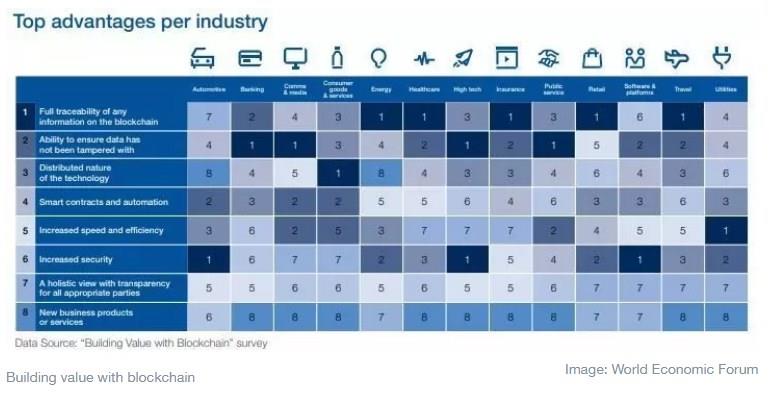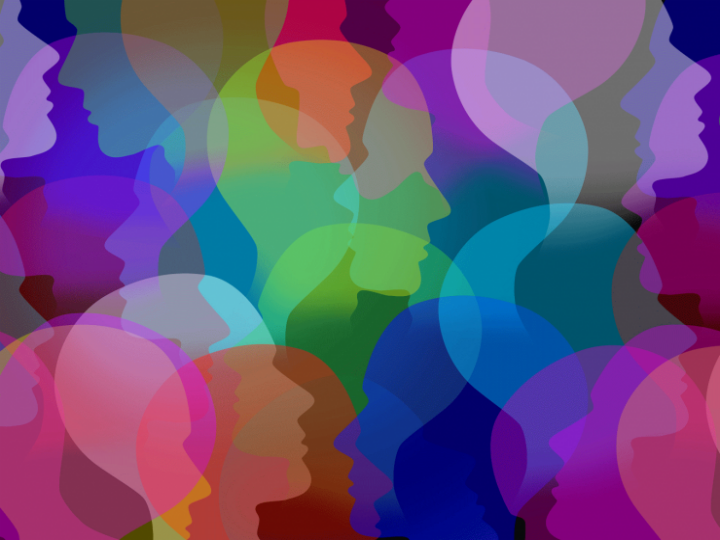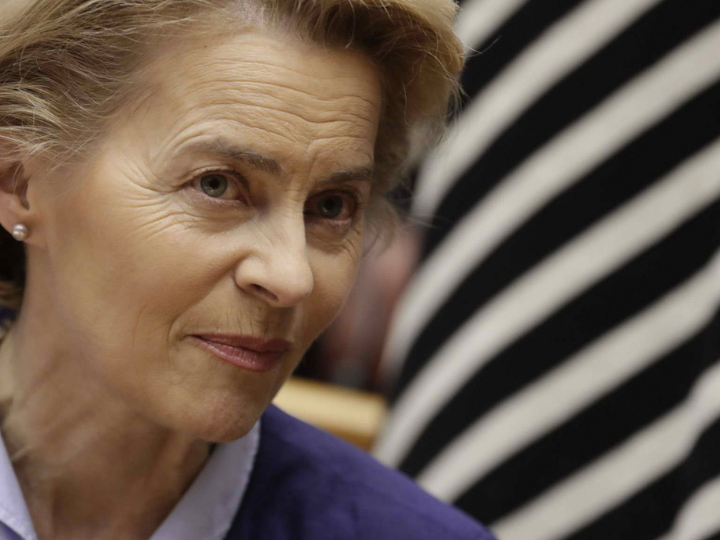by Sumedha Deshmukh*
When the SDGs were conceived in 2012, blockchain technology was in its early days. Few could have foreseen the trajectory and the potential of blockchain for advancing these ambitious targets.
But today, we see opportunities for blockchain technology to re-cast conventional approaches to sustainable development – and accelerate progress if deployed responsibly.
Macro trends of 2020
There are a number of macro trends this year in the world of blockchain and sustainable development that provide context. Moreover, this has been – and will continue to be – an important year for laying the groundwork for major disruptors like digital currency and digital identity.
The trajectory of blockchain technology, in some ways, chimes with that of its predecessors. Following buzz around ambitious aims such as financial inclusion and data ownership, there has been limited work to define what this means and looks like. In fact, if risks and benefits are not carefully evaluated, there is potential for widening existing gaps or the exploitation of vulnerable populations.
It has been encouraging to see momentum towards defining and self-regulating around user protection, such as the Global Digital Finance Code and the Presidio Principles, but it’s important that these conversations stay grounded in the realities of consumer protection, infrastructure capabilities, and the influence of politics and cultural notions to ensure that the technology is able to meaningfully contribute to sustainable development aims.
Moreover, this has been – and will continue to be – an important year for laying the groundwork for major disruptors like digital currency and digital identity.
While some organizations such as the Human Rights Foundation and American Red Cross have long-accepted cryptocurrency donations, we have seen an increase in the number of players looking at digital currency as an avenue for financing the SDGs. For instance, the UNICEF CryptoFund announced its largest round of investments this year and a number of platforms supported a crypto spin on Giving Tuesday.
As conversations around central bank digital currencies and stable coins pick up, so are those on how digital currency may be a tool for direct aid delivery, such as we’ve seen with the World Food Programme’s Building Blocks project, which uses blockchain for authenticating and registering transactions.
There has also been a sustained focus on digital identity as a key enabler of the SDGs. While many of these efforts are in early stages – like the recently-launched PayID that brought together a number of industry leaders – this will certainly be a space to watch as a foundational element for future progress.

A closer look: three areas of focus
1. Building resilient and transparent supply chains
SDG 9: Build resilient infrastructure, promote inclusive and sustainable industrialization and foster innovation.
As widely reported, COVID-19 has highlighted the challenges and vulnerabilities in global supply chains, increasing calls for transparency and traceability. In response, we’ve seen several initiatives investigating – or accelerating existing investigations – into blockchain to meet these needs.
Core to everything from global trade to aid delivery, supply chains are an important component of the sustainable development equation. Blockchain for supply chain use cases have reflected this variety. For instance, multi-national development banks like the Asian Development Bank and Inter-American Development Bank are investigating the use of blockchain for trade single windows projects in South Asia and Latin America, respectively.
India-based graduate of the UNICEF Innovation Fund, StaTwig, has piloted the use of blockchain for tracking vaccine delivery in an eastern state. AB InBev piloted blockchain technology in Zambia to facilitate transparency in pricing around locally sourced crops like cassava, for which farmers had been historically underpaid.
However, challenges remain. Effectively re-thinking global supply chains requires unprecedented cooperation among industry players and careful consideration of elements like interoperability and data integrity.
2. Creating stronger and more accountable public institutions.
SDG 16: Promote peaceful and inclusive societies for sustainable development, provide access to justice for all and build effective, accountable and inclusive institutions at all levels.
Public procurement one of the largest sources of government spending and, relatedly, the greatest source of official corruption worldwide. The complexity, relative opacity, and subjectivity involved contribute to a large amount of wasted money. To increase external oversight, the government of Colombia undertook a proof-of-concept for a blockchain-based procurement system. While the technology alone is not enough, it can be a powerful tool when partnered with “monitorship” models, such as those established by Transparency International or the Partnership for Transparency Fund.
In addition, tax administration can be an important tool – or barrier – when it comes to domestic targets for the SDGs. According to the World Bank, 30 of the 75 poorest countries collect less than 15% of GDP in taxes – a critical threshold for providing basic services. The Prosperity Collaborative, a coalition of several public- and private-sector actors, is examining how open source technologies including blockchain may have a role to play in public finance.
3. Spurring responsible sourcing and consumption
SDG 12: Ensure sustainable consumption and production patterns.
As climate change and human rights are at the forefront of consumers’ minds, responsible consumption has become a critical area of focus for many businesses.
This year, we’ve seen blockchain technology at the center of many of these conversations. For example, the Mining and Metals Blockchain Initiative launched last year brought together seven industry heavyweights like De Beers and Eurasian Resources Group to explore the use of blockchain for carbon emissions tracking and supply chain transparency. Around the same time, the Responsible Sourcing Blockchain Network brought together automotive players including Ford and Volkswagen to pilot the use of blockchain for the ethical sourcing of minerals.
Where we’re headed
New ways of thinking and operating are essential to making progress on the bold Global Goals, but this shouldn’t come at the expense of prudence and careful evaluation of tradeoffs. We hope the ecosystem will approach this opportunity with pragmatic optimism – laying the foundation for long-term and inclusive progress.
*Platform Curator, Blockchain and Digital Currency, World Economic Forum
**first published in: www.weforum.org




 By: N. Peter Kramer
By: N. Peter Kramer
